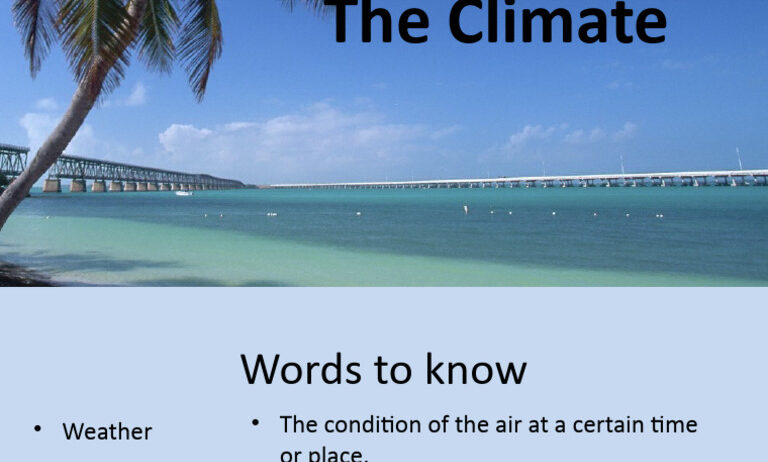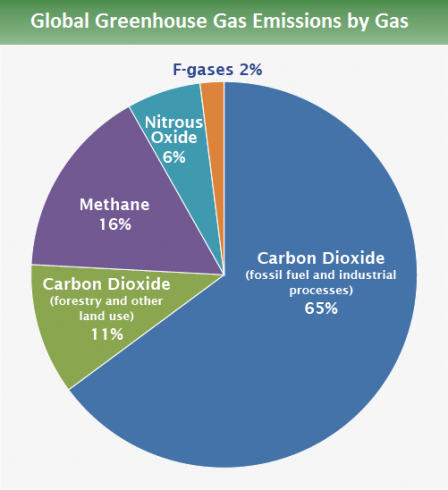Florida, the Sunshine State, is renowned for its picturesque beaches and vibrant marine biodiversity. However, beneath the effulgent surface lies a troubling narrative: the state’s waters are getting warmer. This phenomenon is not merely a localized anomaly; it serves as a harbinger of broader climatic shifts. Understanding the implications of rising water temperatures offers profound insights into the current state of our environment.
The escalating anthropogenic climate change has indisputably led to rising global temperatures, and Florida serves as a front-line witness to these changes. Water has a high specific heat capacity, meaning it can absorb significant heat without dramatically increasing in temperature. However, prolonged exposure to elevated temperatures can lead to dire environmental consequences. In Florida, average sea temperatures have risen by approximately 1.5 degrees Fahrenheit over the past several decades. This seemingly modest increment carries extensive ramifications for both aquatic life and human habitation.
One of the most alarming effects of warming water is the increased frequency and intensity of coral bleaching. Florida’s coral reefs, particularly the Great Florida Reef, are experiencing unprecedented stress. Coral polyps rely on symbiotic algae, called zooxanthellae, for their vibrant colors and essential nutrients. When water temperatures exceed tolerable thresholds, corals expel these algae, leading to a phenomenon known as bleaching. This disintegration not only jeopardizes the corals themselves but also the myriad species that rely on these habitats for survival. In short, the elaborate underwater ecosystems are collapsing under the weight of environmental negligence.
Conversely, warming waters also contribute to ecosystem shifts that have dire implications for commercial fisheries. Fish populations are migrating northward in search of cooler waters, which alters longstanding fishing patterns. Species that once thrived in Florida’s balmy waters are being replaced with newcomers that may not provide the same economic benefits. These shifts threaten the livelihoods of countless fishermen and the regional economy. Thus, the warming waters signal a dramatic and unsettling transformation within Florida’s marine landscape.
The ripple effect of these ecological disturbances extends to local human populations. Florida’s coastal communities are particularly vulnerable to the rising tides brought about by warming waters. Higher sea temperatures contribute to a phenomenon known as thermal expansion, wherein water expands as it heats, leading to increased sea levels. As a direct consequence, many coastal towns are grappling with the threat of inundation, eroding shorelines, and saltwater intrusion into fresh water supplies. This situation underscores the urgency for serious dialogue and action addressing the imminent ramifications of climate change.
Moreover, worsening water temperatures are inducing harmful algal blooms, which pose significant risks to public health and the environment. Algae thrive in warmer waters, leading to events such as the widespread red tide and toxic waters that have plagued Florida in recent years. These blooms not only decimate marine fauna but also produce detrimental effects on human health, leading to respiratory issues among populations living along affected shorelines. Symptoms range from mild irritation to severe neurological complications. Public awareness regarding these hazards must be heightened, prompting individuals to consider the imbricating relationship between climate change and health.
The implications of Florida’s warming waters extend beyond environmental and health domains; they are intricately intertwined with cultural heritage and identity. Florida’s landscape is imbued with vibrant ecosystems that provide recreational and cultural resources for its inhabitants. Dive spots, fishing areas, and pristine beaches form a tapestry of experiences that many Floridians cherish. As climate change threatens these resources, it also jeopardizes the state’s identity. People are coming to recognize that the degradation of natural beauty and biodiversity will irrevocably impact their connection to the land and sea.
In response to these alarming trends, advocates for climate action are urging comprehensive measures portraying a dual approach: mitigation and adaptation. Mitigation involves efforts to reduce greenhouse gas emissions, thereby addressing the root causes of warming. This entails transitioning to renewable energy sources, enhancing energy efficiency, and promoting sustainable transportation. Specific to Florida, embracing solar power can harness the state’s abundant sunshine, providing a renewable energy source that can significantly cut carbon emissions. Additionally, policies promoting conservation and responsible coastal development are fundamental to protect Florida’s delicate ecosystems.
Simultaneously, adaptation strategies must not be overlooked. Coastal communities must develop resilience-building measures, such as enhanced infrastructure to withstand flooding, as well as implementing water management strategies that safeguard freshwater sources from saline intrusion. Community outreach programs focused on climate education can also enhance public awareness and engagement, empowering citizens to take initiatives that promote sustainability. By building collective accountability, communal bonds can foster a powerful movement towards environmental stewardship.
The ominous trend of rising water temperatures in Florida constitutes a stark warning regarding the dire state of our planet. While it presents numerous challenges, it also serves as a catalyst for dialogue and action. For Floridians, the rising temperatures must provoke curiosity, prompting a reevaluation of individual and collective responsibility in preserving their precious natural resources. The narrative of climate change is intricately woven into the fabric of everyday life, urging a harmonious existence with nature rather than mere coexistence. Environmental activism and community engagement are paramount in creating a robust and sustainable response to these pressing threats.
Ultimately, Florida stands at a pivotal crossroads. The escalation of warming waters beckons a shift in public consciousness, urging citizens to reexamine their relationship with the environment. It is imperative to foster dialogue, inspire collective action, and prioritize sustainability to mitigate the impacts of climate change. As we navigate the challenges ahead, embracing adaptability may prove to be the key to navigating the harsh realities of our warming planet.








